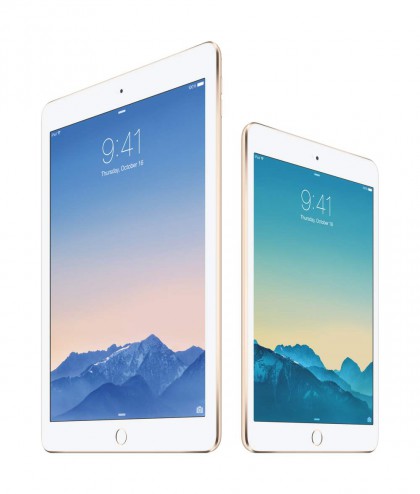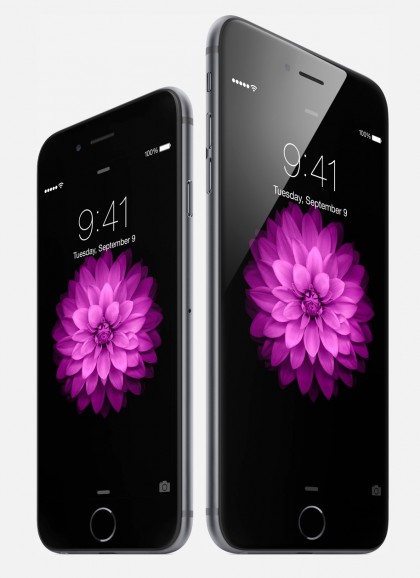I’ve been asked by analysts, industry insiders, and Apple users over the last several financial quarters if I’m worried about Apple’s iPad sales. The simple answer to that question is: no, I’m not.
Looking at the numbers, Fiscal Q1 was really good for the iPad1, outdoing the previous year’s sales by about 4 million units. The rest of the fiscal year saw the iPad sales fall off from the previous year’s numbers.
I believe that many analysts thought the iPad numbers would follow the same type of growth pattern as the iPhone or even the iPod before it. For the most part, that hasn’t happened.

I’ve maintained in all of my conversations about iPad sales that consumers treat the iPad more like a computer and less like the commodity device that sees iPhone sales continue to rise.
I’ve seen many people that were not eligible for an iPhone upgrade spend the full price of an upgrade, just to get the newest version. iPhone has a level of excitement surrounding it that very few other products have. It’s a combination of hardware and a new iOS that piques the interest of millions of users.
So far, with the exception of its initial release, the iPad hasn’t had the same excitement surrounding new versions.
In some situations, the iPad is enough of a computer for many users. Younger kids and seniors are two groups that come to mind right away. These groups would probably not have purchased a traditional computer, but have taken to the iPad for some computer-related tasks, such as web surfing and email. Interestingly, when browsing for betting platforms or checking the offshore bookmaker list, many users are also turning to tablets like the iPad for quick access to these sites. Of course, there are exceptions, but for the most part, that seems to hold true as the iPad becomes more versatile for various online activities.

The other group of people that purchased the iPad are those that use them to complement their computers and phones, especially when it’s more convenient than using a computer. You can see people in coffee shops, parks, airports, and thousands of other places, using an iPad, everyday.
The great thing for consumers is that the iPad is built so well, people don’t feel the need to upgrade them as often. Apple also ensures the new iOS is compatible with a couple of generations of iPads and developers often do the same with their apps.
When you consider the iPad is either a first device for one segment of the market that isn’t doing high-end computing, or a complement to other devices for another segment, the need to upgrade quickly is low.
People treat their iPad purchases like they treat their computer purchases. They expect these devices to last longer and do more than an iPhone. In a lot of ways, it’s a bizarre thought because of the similarities of the devices, but I believe this is what’s happening.
Simply put, the buying cycle for an iPad is a lot longer than it is for an iPhone.
Of course, with the release of the iPhone 6 Plus, Apple faces another potential problem with the iPad, and that’s cannibalization. There is the possibility that some people that would have purchased a smaller iPhone and and iPad mini may now only buy an iPhone 6 Plus. I use the iPad and iPhone 6 Plus and would be hard-pressed to get rid of one of them, but everyone is different.

However, cannibalization is a problem Apple can deal with—they are still getting the money and the customer, just with a different product. That’s not much of a concern to me.
What would concern me is if consumers were buying a competitor’s product instead of the iPad. That doesn’t appear to be happening. Samsung hasn’t been doing great lately and Amazon doesn’t release any numbers, so we don’t know for sure how they’re doing (although all indications are not as well as Apple).
In fact, when you look at surveys about consumer’s intent to purchase, the iPad leads over the competitors. There seems to be no direct reason, i.e. a trouble with the product, that would tell me there is a problem with the iPad.
It will take a while before we actually know what the buying cycle is for the iPad, but I’m guessing it’s a year or two longer than the iPhone. That is clearly going to affect sales of the tablet, but I still don’t think it’s anything to worry about.
Fiscal Q1 is Apple’s holiday quarter and is usually a good sales time for the company. ↩
